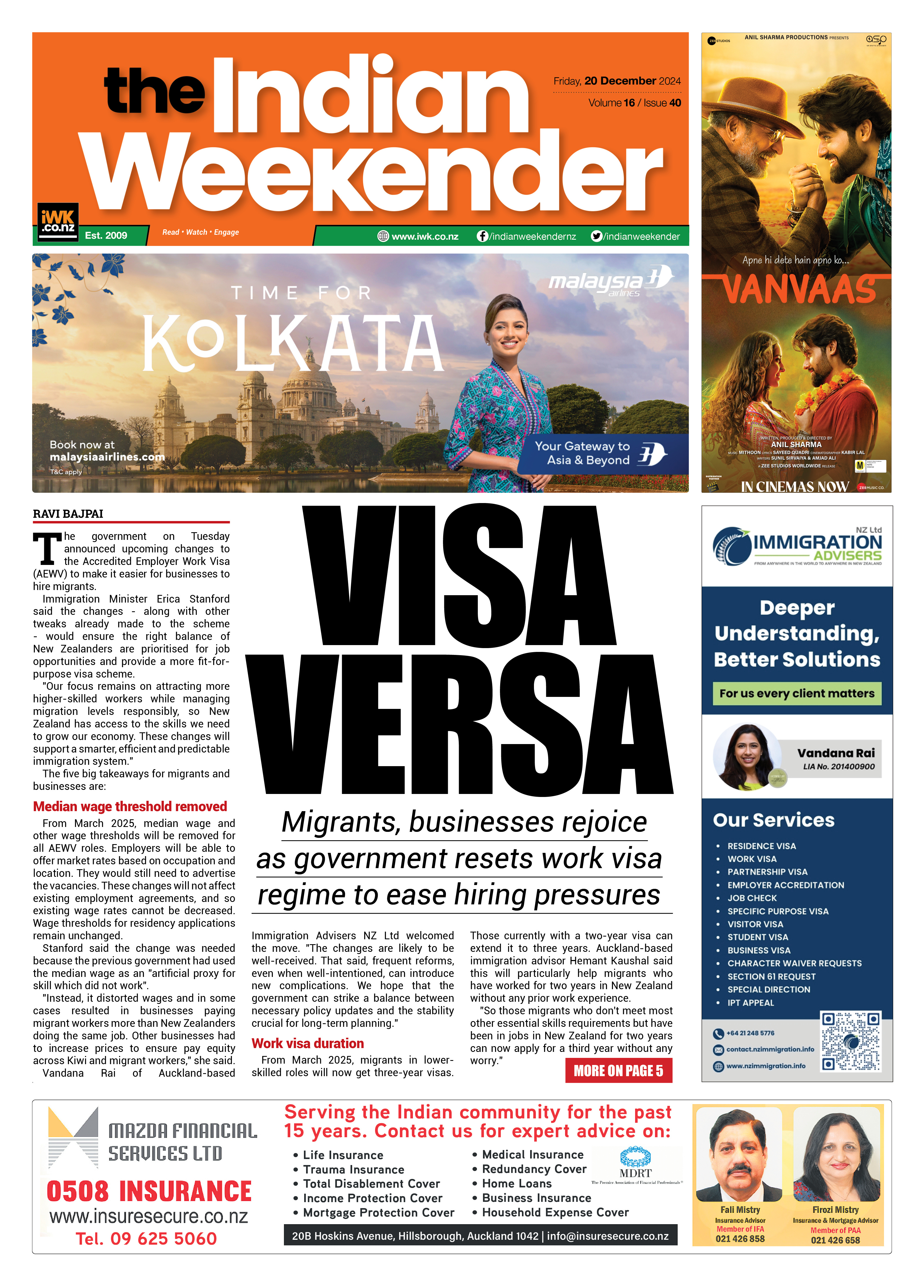Common Food Items More Than 50% Costlier in New Zealand: Report

The price of common food items saw a dramatic increase of more than 50 percent in New Zealand over the past year, similar to spikes seen in some of the world's poorest countries.
A report released on Thursday by World Vision shows the cost of 10 common foods - including rice, bananas, chicken, tomatoes, eggs and oil - had increased by 56 percent locally, despite food prices trending down globally.
The average price came in at $78.32, compared to $50.16 during the previous year.
The research examined food prices in 67 countries for these commonplace items, compared to prices a year ago.
A 29 percent drop was seen in Australia, while a 61 percent spike was seen in the likes of Sudan.
Ethiopia saw a 43 percent jump while Honduras - like New Zealand - also spiked by 56 percent.
Nine of the top 10 countries experiencing the highest food prices are in "sub-Saharan Africa where many face protracted violent conflicts, climate extremes, and displacement".
World Vision head of advocacy and justice Rebekah Armstrong said New Zealand, like other countries, was grappling with climate change's affect on food supply.
"New Zealand joins many of our counterparts around the world in paying more for food due to import costs, but also in the impact of climate change-related food price inflation," she said.
"We've all been feeling the financial pain of buying food, but this report shows clearly how markedly the cost of basic staples has increased.
"We know that some of this is due to Cyclone Gabrielle and the impact it has had on the price of staples in New Zealand, such as fruit and vegetables, but there are bigger issues at play as well.
Armstrong said other long-standing problems, including a lack of competition in the supermarket sector, had also been a factor.
New Zealand experienced a 56 percent increase in the cost of a food basket, with the price in 2023 coming in at NZ$78.32 compared with NZ$50.16 in 2022.
"We, along with other nations, need to prioritise a comprehensive food strategy that addresses climate resiliency in food systems so that primary industries and small businesses can withstand climate-related events which will only increase in coming years," Armstrong said.
But although food price inflation in New Zealand was steep, the number of hours New Zealanders worked to pay for food remained at the lower end of the scale.
An average New Zealander would work for three hours to pay for a food basket of common items.
This is compared to poorer countries, such as the Central African Republic, where someone would need to work for more than 25 days to pay for the same food haul.
World Vision New Zealand national director Grant Bayldon said the cost of food in poorer countries was beyond the reach of many and it meant families were not able to eat every day - leaving children hungry, malnourished and stunted.
"The effects of hunger last a lifetime and can mean children do not grow and develop properly, miss out on school or forgo an education altogether to help their families earn enough to eat.
"It's a bitter cycle that cripples the prospects of millions of children."
Other countries where a food basket costs the most in terms of hours worked include Burundi (36 days), Democratic Republic of Congo (16 days), Sudan (14 days), Mozambique (14 days), Malawi (14 days), Ethiopia (12 days), Burkina Faso (11 days), Niger (9 days), and Guatemala (9 days).
Bayldon said the latest report highlights how alarming the global food crisis is that has left 35 million people world-wide facing emergency hunger conditions.
"The economic turmoil caused by Covid-19 and the war in Ukraine, alongside intensifying effects of climate change and other conflicts, are leaving the most vulnerable people least able to afford the cost of a basic food basket.
"Chicken, eggs and milk should not be considered luxuries, but something that everyone is able to buy to have a balanced diet."






